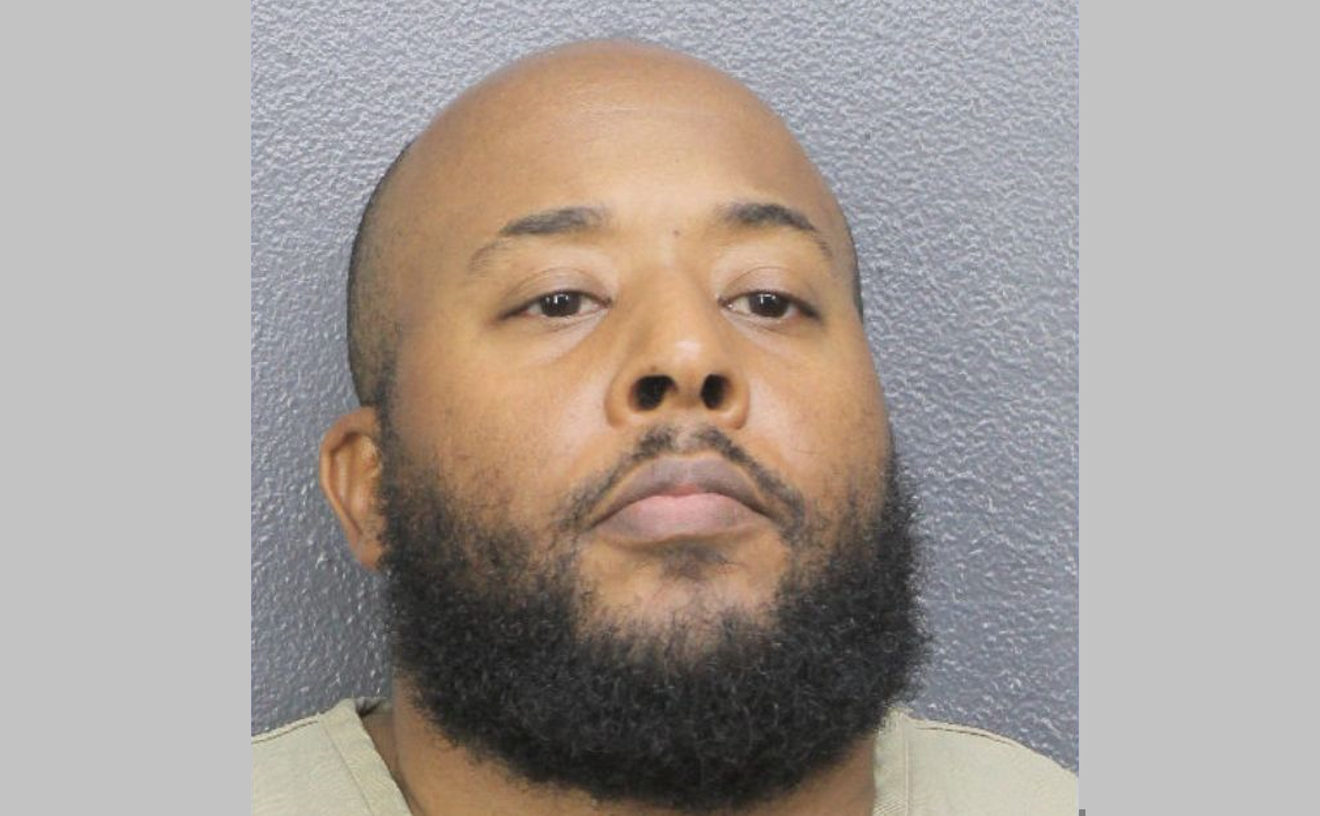The bill is clear in its mission to prohibit state and federal spending on diversity, equity, and inclusion (DEI) programs. However, it's up to Gov. Ron DeSantis' mostly hand-picked Florida Board of Education and Board of Governors to define what falls under that umbrella.
Under the new law, institutions must not use government funds "to promote, support, or maintain any programs or campus activities" that advocate for "diversity, equity, and inclusion, or promote or engage in political or social activism."
The legislation was part of a nationwide push by conservative politicians who claim DEI programs in public colleges and universities are liberal nerve centers that foster "woke" ideology and need to be defunded. Florida's legislation was one of the first anti-DEI bills to be signed into law amid the backlash, alongside a measure in North Dakota.
Nicole Morse, a communications professor and director of the Center for Women, Gender, and Sexuality Studies at Florida Atlantic University (FAU), says the bill's vague language is "the real danger."
"It opens up a lot of concerns about censorship and the repression of free speech," Morse tells New Times. "The law is very vague, confusing. It was clearly written by people who don't have deep knowledge of higher education."
FAU's Center for Inclusion, Diversity Education, and Advocacy (IDEA) is at risk of scaled-back operations or closure in light of its name alone.
In a report released this year, Florida Atlantic University disclosed roughly $900,000 in annual spending on diversity, equity, and inclusion programs, with $640,000 coming from state funding. The IDEA center, which received $300,000 in state funding, has sponsored several key events and programs: a welcoming reception for LGBTQ students, a gathering to commemorate Dr. Martin Luther King Jr., a WeLead Diversity Matters conference for students, and Queer Coffee Hour, among others.
DEI-related initiatives at FAU also included a graduate student fellowship to increase diversity and a program to ensure faculty searches at the engineering and computer-science college follow equitable practices.
"Gender or sex-based discrimination is a persistent problem the academy continues to have to work to address," Morse says.
Diversity offices at universities nationwide came into the crosshairs of conservative think tanks and politicians recently, with the Manhattan Institute claiming the programs "advance primarily political aims rather than educational aims." More than 30 anti-DEI bills were introduced across the country this year, a few of which managed to pass their respective state legislatures.

Florida House Minority Leader Fentrice Driskell (center) stands with the Student Unity Coalition and its supporters as they flood the Florida Capitol rotunda in Tallahassee on March 31, 2023.
Photo by Mariana Robledo
Still, South Florida students are uncertain about the future of their on-campus organizations, like Pride Student Union at Florida International University (FIU) and Queer Collective at Miami-Dade College, as sweeping changes brought about by the new law will take effect in the weeks ahead.
Erica Jayne Friedman, director of FIU's Pride Center, which oversees the Pride Student Union, says that while outside donations and student activity fees fund the Pride Center's programs, staff salaries are mainly bankrolled by state funds that are in danger of being eliminated by the new law.
Without staff, the future of the pride programs is in limbo, Friedman says.
"We don't know how these laws will be enforced at our universities," Friedman explains. "What I do know is, no matter what happens, I personally plan to continue the work I do, which is to support and empower marginalized people and their allies to learn, grow, and use their voices to advocate for themselves and their communities."
Mariana Robledo, a recent FIU graduate and former vice president of the university's Pride Student Union, says her academic success might not have been possible without support from the Pride Center and LGBTQ initiatives at the school. The university granted her the Out and Proud scholarship, a privately funded scholarship, which helped her through her last year of college.
College students with access to LGBTQ support services in 2022 had 44 percent lower odds of attempting suicide, as compared to those without access, according to the Trevor Project, a suicide-prevention nonprofit organization. One in three LGBTQ college students seriously considered suicide in 2022.
"Many of us wouldn't be here today without having these sorts of communities on campus," Robledo says. "If one of the most powerful bureaus on campus now has to scramble to find a new adviser or even start from scratch, what's the proper protocol? What are we going to do?"
Earlier versions of SB 266 and the companion bill HB 999 included provisions to eliminate majors and minors in gender studies and critical race theory. Morse feared it could have eradicated FAU's women's and gender studies master's degree program and general electives.
While those provisions have since been culled, the version signed into law still heavily restricts the teaching of systemic racism at universities. By July 2024, and every four years after, faculty committees appointed by the chair of the Board of Education and the chair of the Board of Governors will have to submit core coursework for "removal, alignment, realignment, or addition" in compliance with the regulations.
Charlie Andrews, interim vice president for student affairs at Florida International University, tells New Times that Gov. DeSantis and the Republican legislature's justification for the new regulations – that they will thwart "woke" leftist indoctrination – is misleading.
"We're not trying to indoctrinate anybody," Andrews says. "Professors especially encourage students to develop their own opinion on these things, not to convince them to believe what they believe.""We're not trying to indoctrinate anybody."
tweet this
Another element of the bill removes the word "gender" from a provision prohibiting public colleges and universities from doing business with discriminatory organizations. Morse sees the change as falling in step with the DeSantis administration's policies targeting transgender Floridians by refusing to acknowledge gender if it does not align with one's sex assigned at birth.
Morse says the move sets a dangerous precedent for transgender and gender-nonconforming students.
"We have had right-wing protesters on campus saying that gender studies teaches pedophilia and calling our students pedophiles," Morse says. "That is a disturbing sign of where the discourse is going."
On May 15, when he signed the bill, the governor signaled that it also restricts campus activities that promote what he frames as "gender ideology," though that phrase is not included in the bill text.
"If you want to do things like gender ideology, go to Berkeley," DeSantis said. "There's nothing wrong with that, per se, but for us, with our tax dollars, we want to focus on the classical mission of what a university is supposed to be."

Dozens of students march in Tallahassee, waving queer flags on March 31, 2023, in protest of legislation targeting the LGBTQ community.
Photo by Mariana Robledo
Robledo helped jumpstart an off-campus LGBTQ+ advocacy group in February called Student Unity Coalition, which organized a protest on February 23 at FIU to call out DeSantis' legislation restricting gender-affirming care and discourse on gender and sexuality in schools. A month later, members organized buses that shuttled them to the Florida Capitol on March 28 to protest the state's Board of Governors over the looming elimination of diversity programs.
"As separate universities, we can't exactly come together and amplify everyone's voices, so we wanted to make a unified effort moving forward," Robledo says. "Having that connection with the board or lawmakers in Tallahassee is influential and powerful in working together in solidarity."
Robledo insists her coalition won't back down until universities implement safeguards to support her community.
"Right now, we're kind of bracing for the worst," Robledo says. "Frankly, that's what we need to do in order to see what works and what doesn't. We're not going away."










